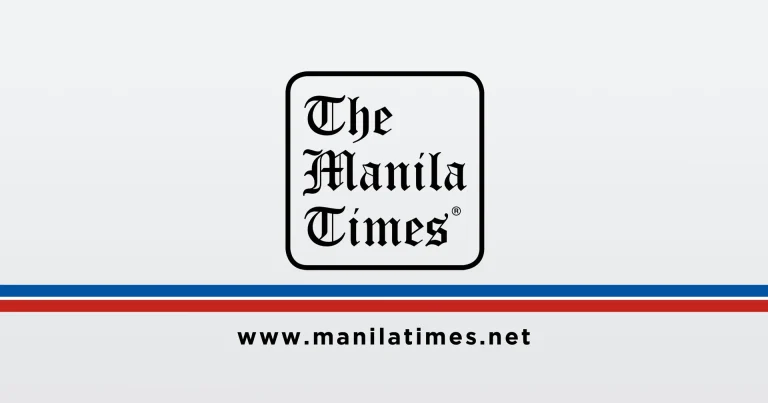OLD movies depicted the future as a true Silver Age – a world of metal parts, robotic assistants and computers controlling the daily activities of all living things.
This perception is close to the truth, given the current state of technology. Humans may not normally wear metallic or chrome clothing, but some consider it fashionable. There aren’t yet robots to wash dishes or mow lawns, but there are now machines that help with production and manufacturing.
An idea in line with reality is the use of computers. This technological innovation helps simplify complex tasks and makes life more convenient. However, this begs the question: are humans replaceable by computers?
Artificial Intelligence (AI) has been developed to provide human-like interactions, insights, and solutions to a particular problem. This has paved the way for more strategic ways to understand a problem, maximize potential benefits, and reduce risks while considering various factors that could influence the desired outcome.
AI has changed the landscape by providing solutions to everyday problems, a beneficial tool to use in different situations. Businesses are using AI in their social media accounts through bots that respond to inquiries.
Education is also being influenced by AI through laptops, online presentations and demonstrations. Students use AI to get information quickly, giving them more time to work on other tasks. Teachers are using AI in programs to provide better presentation designs or lesson demonstrations. In some cases, AI can also be used to assess students through generated quizzes and exams.
Yet students are accused of being lazy and complacent because they let the computer work for them instead of for them.
Social media can pre-program user feeds to align the algorithm of their user base so that they are more targeted by various advertisements. These technological changes and adaptations are what make many of us heavily dependent on AI.
Limitations, challenges
While there are undoubtedly many benefits to using AI, it also imposes particular limitations and challenges going forward. In the early days of ChatGPT’s image generation feature, artists complained that the AI was stealing their ideas and combining them with other things on the internet to make them look original.
This has led to questions about the ethics behind its use, since artists’ intellectual property could be compromised. The same can be said with the entertainment industry, such as the 2023 Writers Guild of America strike, which has expressed concerns about the use of AI in screenwriting, design and d other essential elements to the film industry.
There is still a blurred line between the use and abuse of AI today, and no single solution has been collectively accepted as the only true answer. This does not mean, however, that the path towards better use of this technological advance is not progressing.
This is the idea behind the principles of human-centered AI (HCAI), in which humans are the key element in its development and control. The responsibility to use AI to achieve maximum benefit is emphasized, while also considering control measures to avoid compromise with other individuals, institutions or industries.
This should not deter anyone from using AI. It must be encouraged, but it must also be controlled.
This topic is among the many points of discussion during the 12th National Conference on Business and Management, which will be held from November 28 to 30 at the Ateneo de Manila University. The theme, “Promoting Human Development and Sustainability: Aligning AI, Business, Government and Academia towards Positive Societal Impact,” aims to be the intersection of diverse segments of society amidst changes in courses related to technological and environmental aspects towards a prosperous and just society.
For more information, visit the 12th NBMC Facebook page at facebook.com/nbmcdlsu.
John Laurence Robes is a lecturer in the Department of Marketing and Advertising at the Ramon V. del Rosario College of Business at De La Salle University (DLSU). He is currently a Research and Editorial Assistant of the Philippine Academy of Management (PAoM), and a Project and Research Assistant of the PHINMA-DLSU Center for Business and Society. Send him an email to (email protected)


